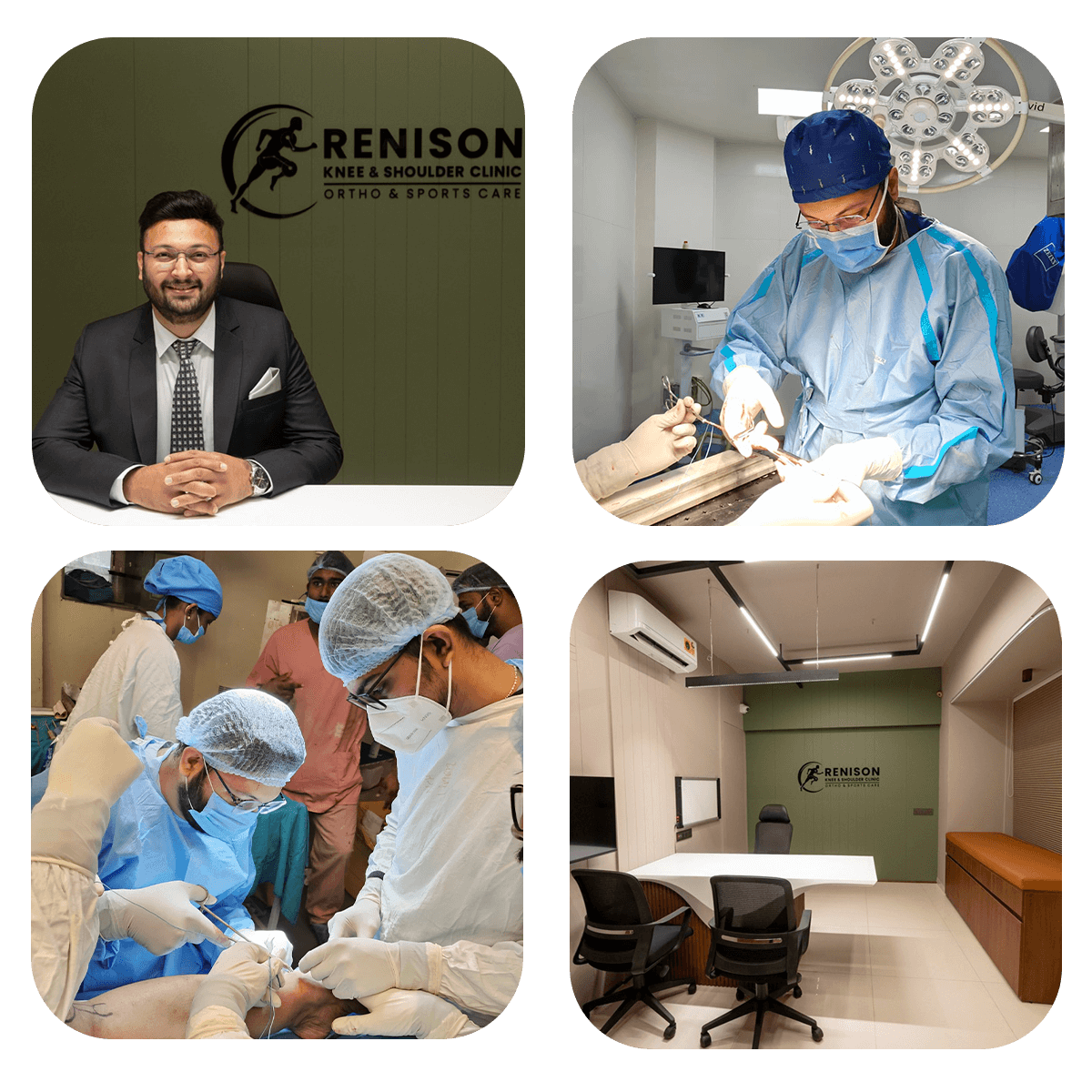Dr. Vishal Mandlewala is highly skilled Orthopaedic Surgeon based in Surat,
Gujarat,India.
2000+
24 Hours Active


Dr. Vishal Mandlewala is highly skilled Orthopaedic Surgeon based in Surat, Gujarat,India.


About
Dr. Vishal Mandlewala is highly skilled Orthopaedic Surgeon based in Surat, Gujarat,India.
Dr. Vishal Mandlewala has completed his MBBS from Smimer College, Surat. He completed his Post Graduate training in M.S.Orthopaedic from Dr. D.Y.Patil Medical College and Hospital, Pune. Dr. Mandlewala did his observership in Arthroscopy under Dr. David Rajan at Ortho One Hospital, Coimbatore. Dr. Mandlewala did his fellowship in Arthroscopy and Sports Medicine under Dr. Abhay Narvekar , Dr. Nagraj Shetty and Dr. Nikhil Iyer at Arthrosports, Mumbai, Maharashtra.
Our Treatments
Our Treatments
EXCELLENTTrustindex verifies that the original source of the review is Google. Dr.Vishal Mandlewala sir, and his hospital staff are very friendly, helpful, respectful and supportive. I felt very well looked after and would recommend to others. Thank you sirTrustindex verifies that the original source of the review is Google. Best arthroscopic surgeonTrustindex verifies that the original source of the review is Google. Best arthroscopic surgeonTrustindex verifies that the original source of the review is Google. very nice Doctor..and his service...Trustindex verifies that the original source of the review is Google. I had ACL tear and Maniscus bucket hane tear. Dr. Vishal Mandlewala operated on this and now I am able to walk properly.
